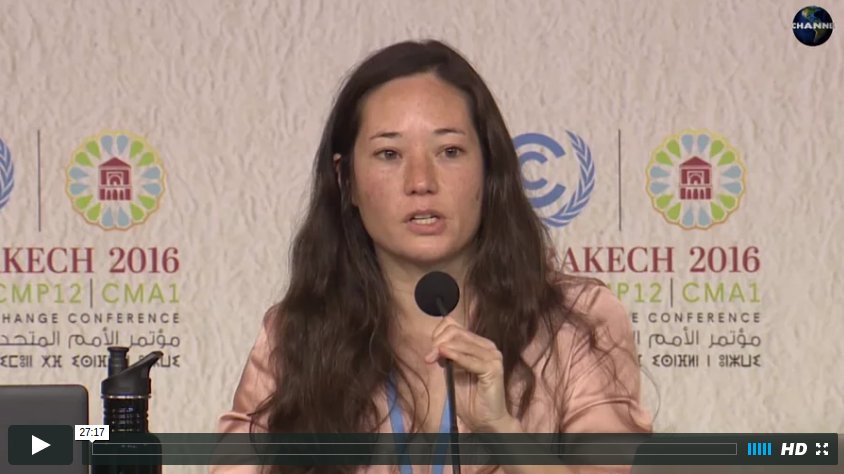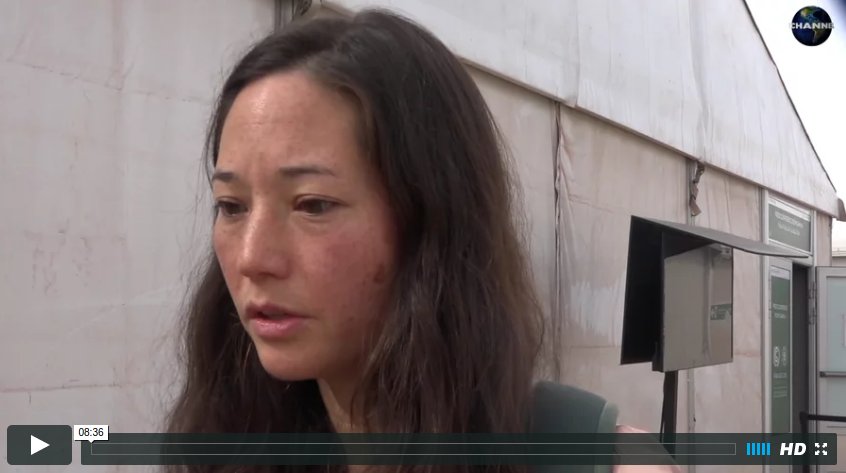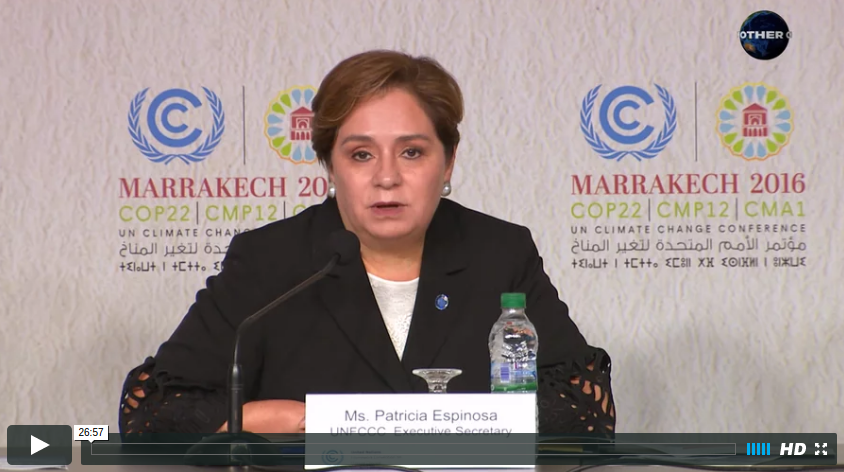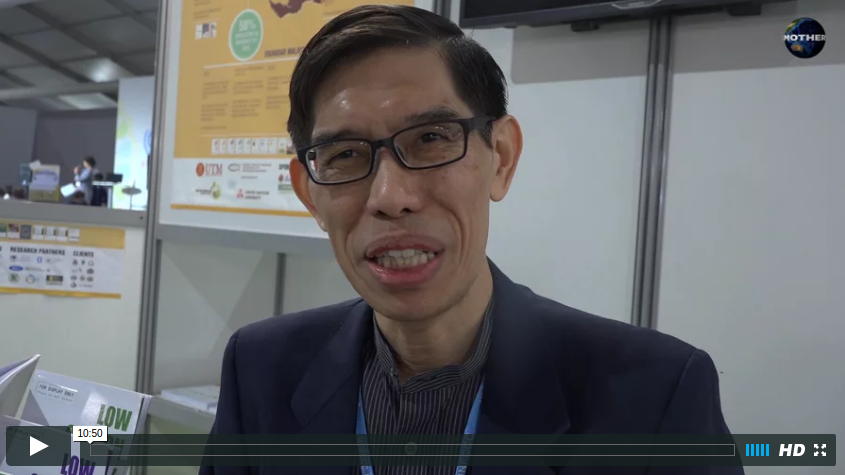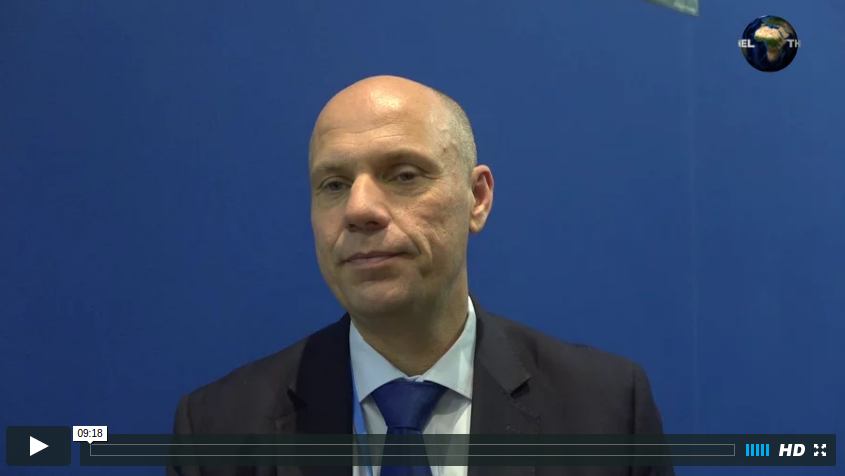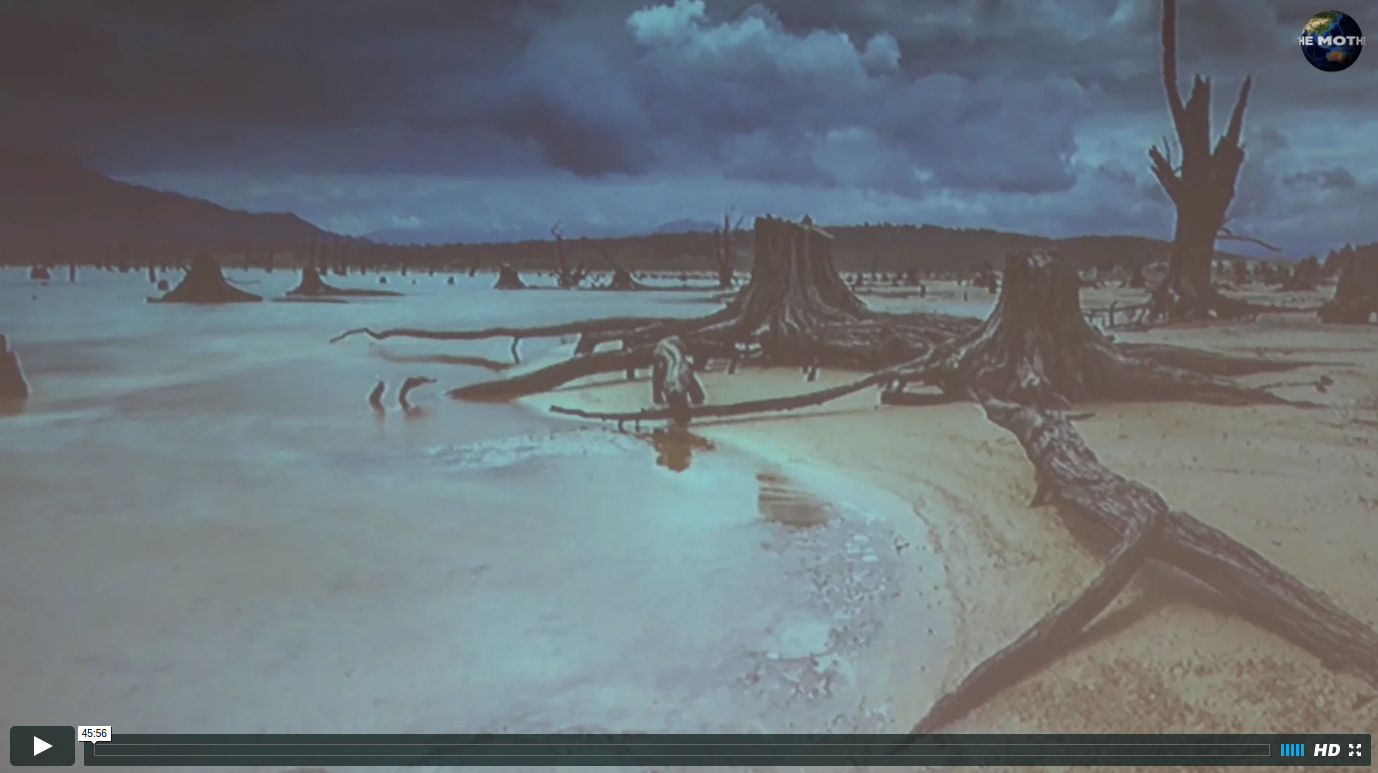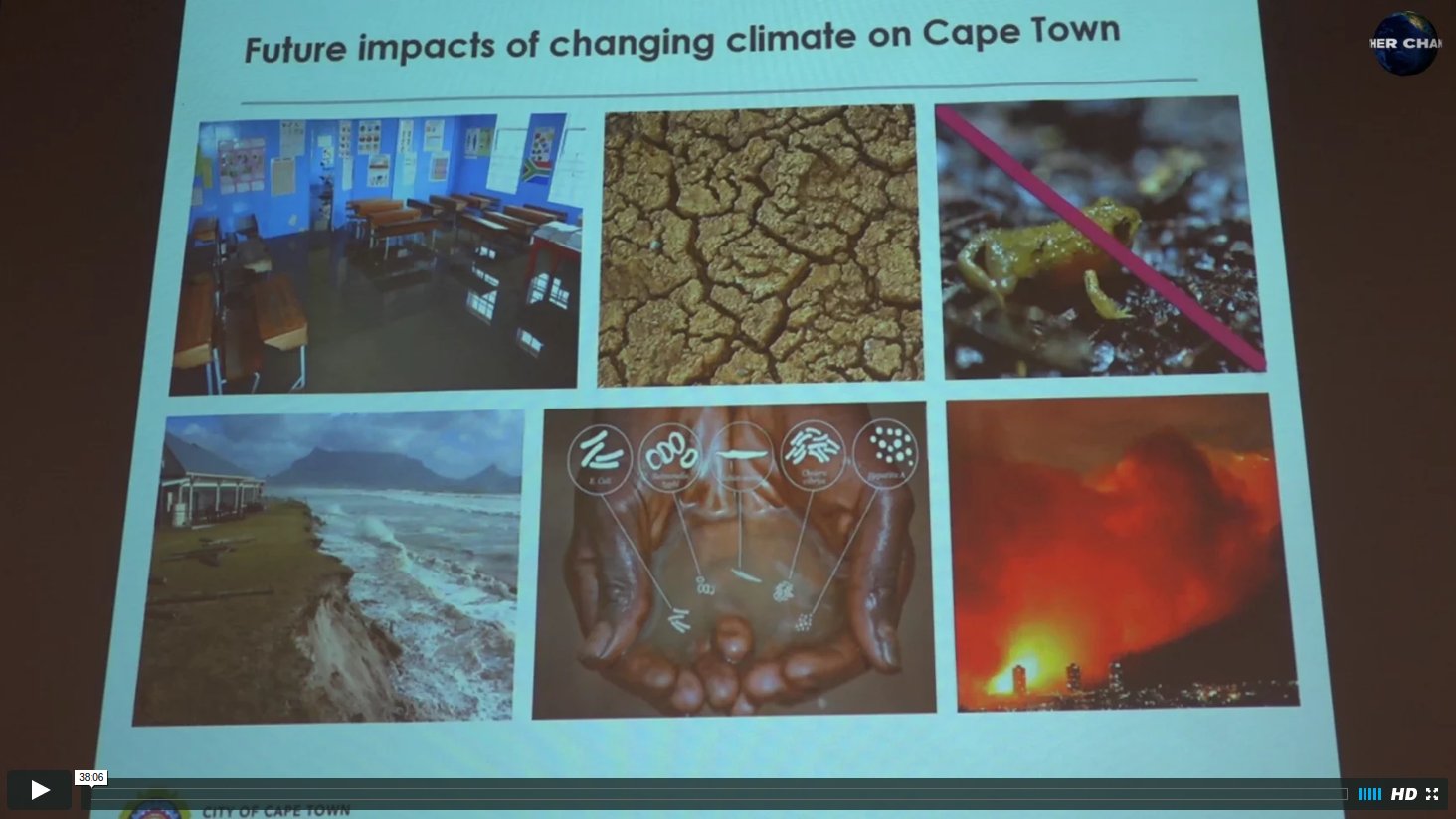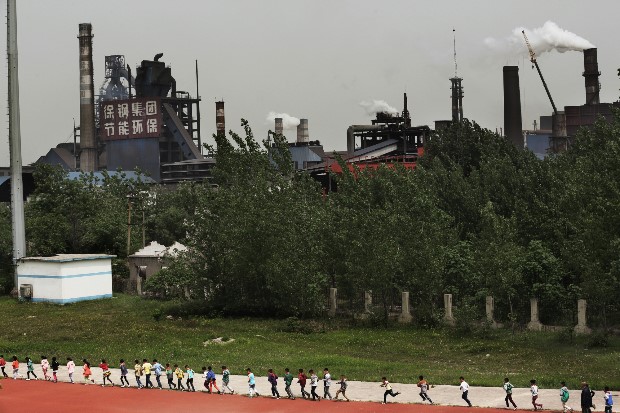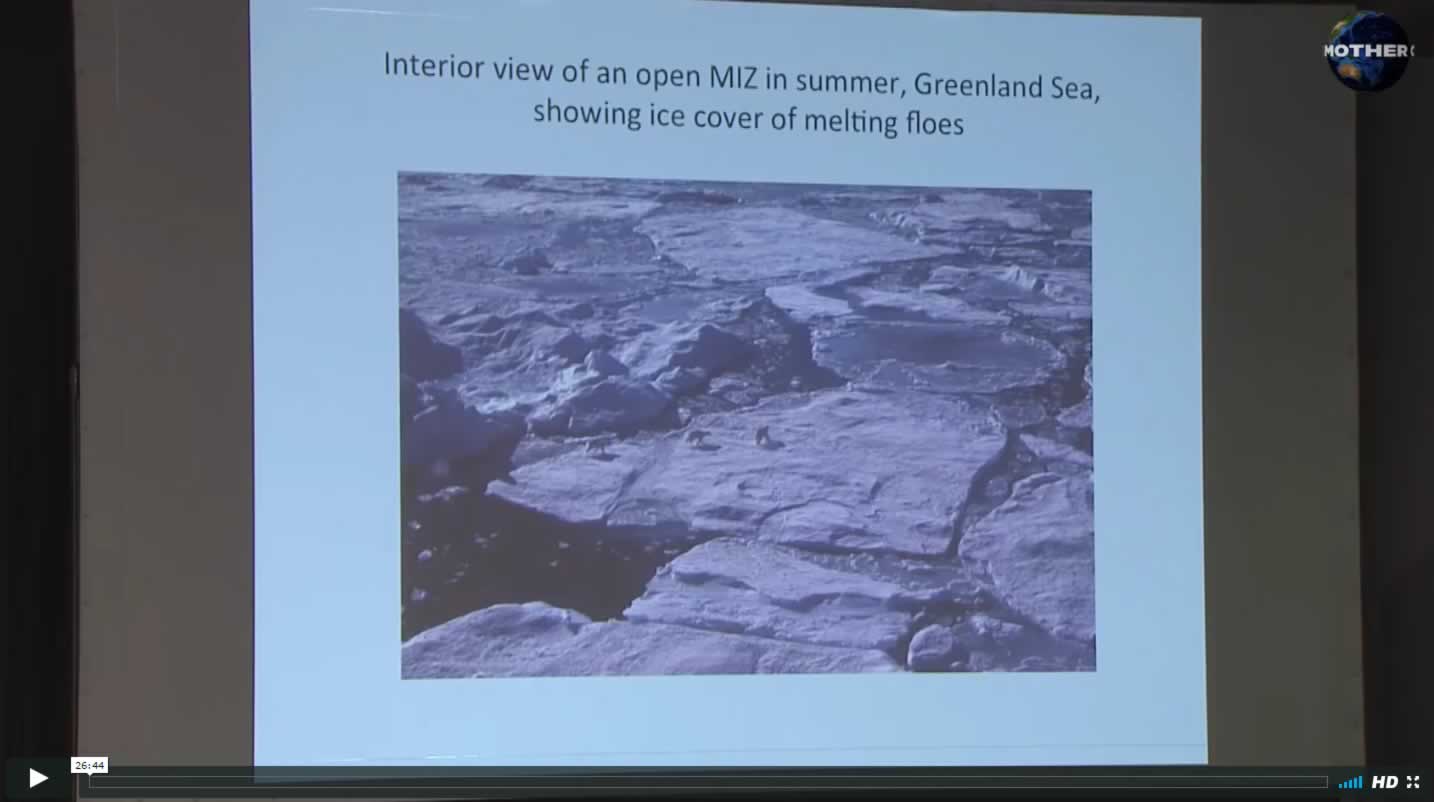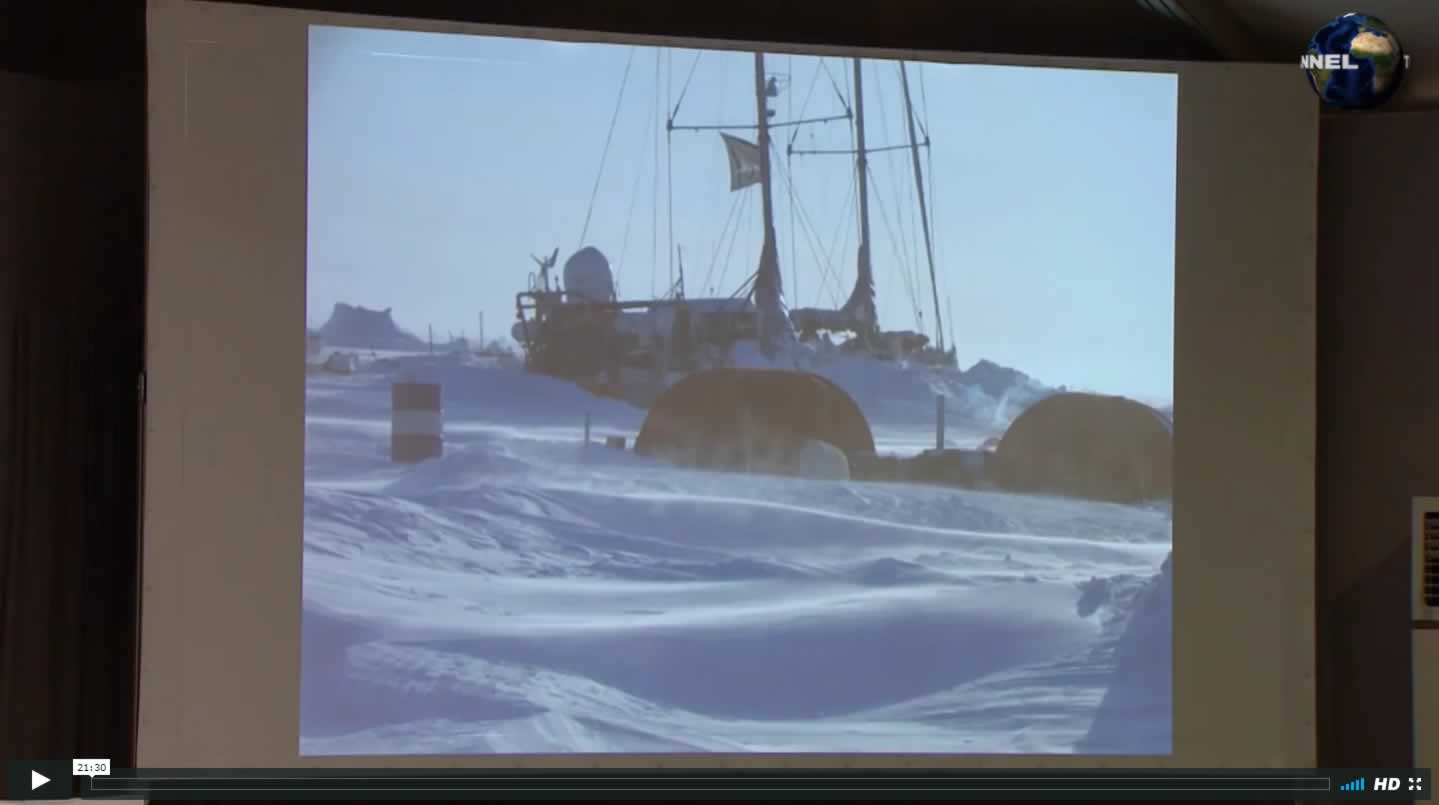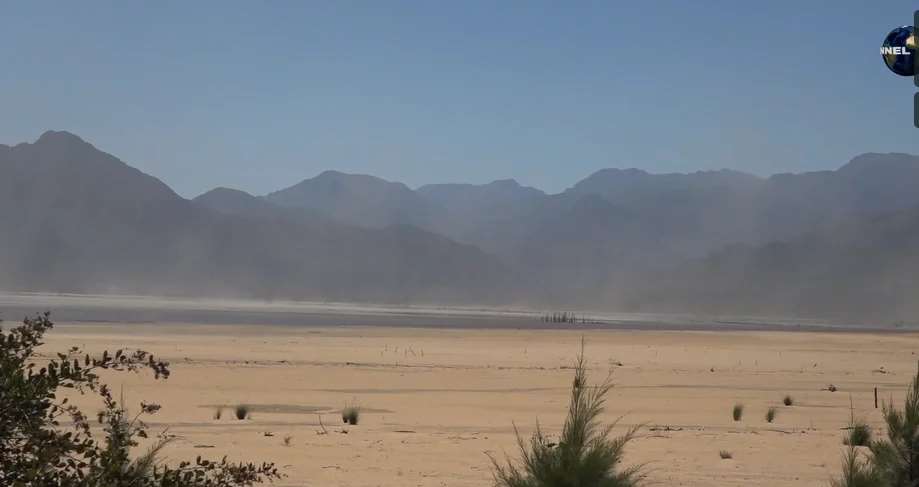- Live Stream
- Climate Change
- ENN
- Environmental Info
- Green Business
- Green Solutions
- Beautiful World
- Categories
- Articles
- Arctic & Glaciers
- Polar Regions and Glacier Reports
- Ethical Dimensions
- Global Warming
- Peatlands & Wetlands
- ENN – The Environmental News Network
- Agriculture
- Chemicals
- Conservation
- Fish Crime
- Forests
- Health
- Mountains
- Oceans
- Energy
- Money
- Green or Gone
- Nutrition
- Permaculture
- Various Solutions
- Powerful
- Watch This
- Water
- Breaking News
- Series ENN
CHAU LOON WAI ON REDUCTION OF CARBON EMISSIONS IN MALAYSIA
In this interview at COP 22, with Mr Chau Loon Wai, a lecturer at the City and Regional Planning, Faculty of Built Environment at the University of Technology, Malaysia, talks on their progress in the last 6-7 years with respect to assisting cities in Malaysia, which are developing very rapidly, with the reduction of their […]
CLOSE

